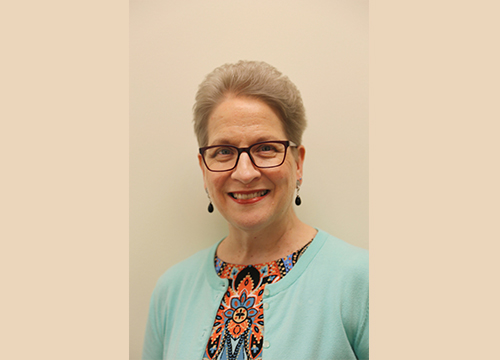26th Sunday in Ordinary Time Am 6:1a, 4-7; Ps 146:7, 8-9, 9-10; 1 Tm 6:11-16; Lk 16:19-31
In this Sunday’s Gospel, we see one pair of Luke’s Beatitudes played out in story form. The two lines — “Blessed are you who are poor, for yours is the kingdom of God” (Lk 6:20) and “Woe to you who are rich, for you have received your consolation” (Lk 6:24) — take on flesh in the parable of the unnamed rich man and the poor man, Lazarus.
So, too, our ears ring with an echo of Mary’s Magnificat: “He has cast down the mighty from their thrones and lifted up the lowly. He has filled the hungry with good things, and the rich he has sent away empty” (Lk 1:52-53).
Today’s text dramatizes the contrast between the daily life of the rich man and that of Lazarus. “Purple garments and fine linen” clothe the former, while sores cover the latter; the one dines sumptuously, while the other longs for scraps but goes hungry.
Lazarus lies at the rich man’s door. Disabled in some way, he cannot even beg for what he needs. Licked by stray dogs but ignored by the rich man, Lazarus dies.
That is not the end of the story. In death, Lazarus is lifted up and the rich man cast down. The drama continues in a desperate dialogue between the “netherworld” and the “bosom of Abraham.”
Ancient Mediterranean culture understood wealth to be limited in quantity and already distributed. It viewed anyone who acquired more with suspicion; people assumed surplus wealth to be ill-gotten.
To counter this suspicion and maintain honor in society, a wealthy person was expected to give alms, to act as a patron to needy clients. Financial windfall quickly distributed posed no threat to honor. Greedy behavior diminished it.
This ancient cultural arrangement might strike us as unrealistic — for we live and move in a profit-driven system. Like fish in water, we might easily swim with little awareness of our economic environment, its effect on us or our power to affect it. Though we may grumble at obvious greed we observe, we resist knowing too much about the consequences of our own decisions and actions.
Today’s reading from Amos calls affluent persons with this see-no-evil attitude complacent and prophesies an end to their “wanton revelry.”
Most of us can hardly be considered “wanton” in our relationship to wealth. We manage as best we can in difficult times and share as we are able. Yet these readings challenge us to open our eyes wider, to recognize the human dignity of the poor ones at our door and cross the threshold of our security in response to their need.
In Psalm 146, the Lord God sets the example for those who would claim the relationship of covenant. This One keeps faith, secures justice, gives food, liberates captives, protects strangers and sustains the most vulnerable. In his life and ministry, Jesus embodies this generous mercy modeled by the Father.
St. Paul’s letter to Timothy exhorts the young “man of God” to pursue virtues made manifest in just action toward others. The “commandment” he must keep, implied rather than spelled out, might reasonably be, “You shall love the Lord, your God… and your neighbor as yourself” (Lk 10:27), or “Be merciful, just as your Father is merciful” (Lk 6:36).
All of this brings to my mind the parable of the last judgment (Mt 25:31-46), wherein Jesus places sheep on his right and goats on his left and explains the consequences of our actions or inactions. He challenges us to respond to persons in need with an investment of presence and compassion: to give food and drink, welcome strangers, clothe the naked, and visit the sick and imprisoned.
This challenge comes with a promise: When we get close enough to touch, we will encounter Christ in these sisters and brothers, and they will meet him in us.
Melanie holds a master’s in pastoral studies from Loyola University, New Orleans.

